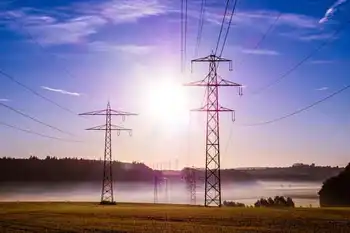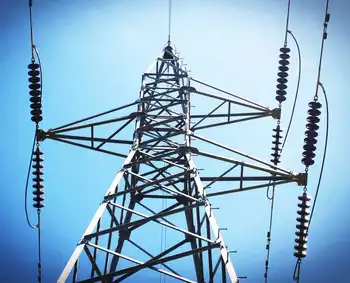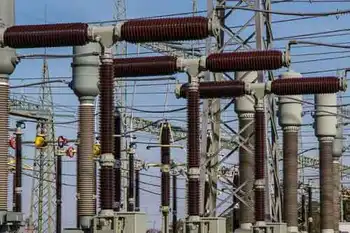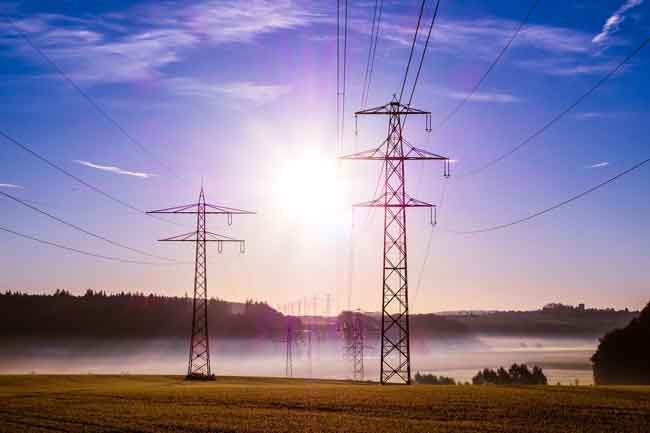Westar rate hearing dates draw criticism
By McClatchy Tribune News
CSA Z463 Electrical Maintenance -
Our customized live online or in‑person group training can be delivered to your staff at your location.

- Live Online
- 6 hours Instructor-led
- Group Training Available
The Kansas Corporation Commission has set public hearings on Westar's request for Sept. 2 in Salina, Sept. 3 in Topeka and Sept. 4 in Wichita. That's much earlier than in previous rate cases.
Most of the information in a rate case is gathered in written testimony and during court-like technical hearings in Topeka.
The public hearings offer a chance for ratepayers to have their say. The hearing schedule was approved over the objection of the Citizens' Utility Ratepayer Board (CURB), the state agency that represents residential and small-business customers. CURB consumer counsel David Springe says the early hearings - weeks before expert testimony and arguments on what Westar should get - put customers at a disadvantage.
If Westar's request is approved, it would increase electric rates 15 percent.
An average customer of Westar's southern division, the former KGE service territory, would see an increase of about $10.34 a month. Customers of the northern division, formerly KPL, would get a hike of $9.62. A rate case for a company the size of Westar, Kansas' largest utility with 675,000 customers, contains thousands of pages of data.
The expert analyses by CURB, the commission staff and others usually boils the case down to a few key issues. With the early hearing schedule, "the only one at the hearing that can extensively talk about the case is the company," Springe said.
"We think that's kind of silly."
In their majority opinion, commissioners Thomas Wright and Joseph Harkins said CURB must be ready for the hearings whenever they may be. In dissent, commissioner Mike Moffett said he agrees the hearings are too early.
"As this Commission is aware, I have advocated for improvements in methods by which the Commission receives and considers public comments in rate cases," Moffett wrote. "I do not believe the changes set forth in the schedule as recommended... accomplish this."
Westar officials initially worried that the early hearings would make it difficult to properly notify customers.
But company spokeswoman Karla Olsen said that's been solved and the company will be prepared for the hearings, which include a question-and-answer session for ratepayers.
Commission spokeswoman Rosemary Foreman said the public hearings were moved up so that ratepayers' comments and concerns could be incorporated into the staff's recommendation. She said customers can file comments in writing through Oct. 27, long after the major parties file their testimony. The commission is required by law to decide the case by Jan. 23.
Foreman said one of the main reasons for people to testify doesn't require any special knowledge.
"The commission needs to hear from those customers who are having trouble paying their bill," she said. That helps commissioners assess how their decisions affect customers, she said.
The hearings will be conducted in two parts. Part one will be an informal question-and-answer session among customers, company officials and CURB's lawyers. In the second part, customers will be sworn in and allowed to comment directly to the commissioners for the official record.











